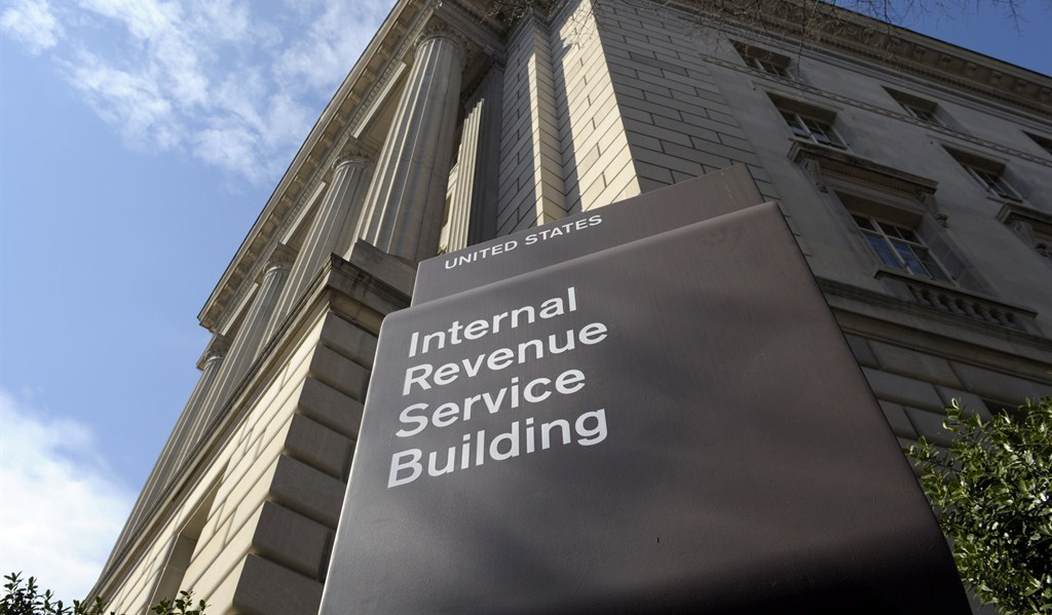While New Jersey and Virginia gubernatorial races dominated headlines last week, the most fascinating election story wasn’t on the East Coast. It was in Colorado, where Michael Bloomberg and Bill Gates chipped in millions to fund a $1 billion income tax hike campaign, only to see it handily defeated by nearly a 2-1 margin—proof that the threat of a massive tax hike can transform a moderate electorate into a throng of fiscal conservatives.
For months, Centennial State taxpayers were flooded with ads for Amendment 66, which would have siphoned away as much as 27 percent extra from Coloradans’ hard-earned paychecks. That, taxpayers were told, would be a small price to pay so kids could go back to gym class.
And while Amendment 66 supporters spent roughly $10 million to opponents’ $30,000, 66 percent of voters fired back on their ballots to defeat the most significant statewide measure of 2013. This is encouraging, since these are largely the same voters that have recently helped to elect tax-and-spenders like Governor Hickenlooper and President Obama. When increasingly moderate Coloradans demonstrate their clear understanding of the growth-sapping effects of income tax hikes, opponents of such schemes are doing something right.
The defeat of Amendment 66 wasn’t the only bad news for Bloomberg and bigger-government advocates in Colorado. In Telluride, 68 percent of voters rejected a regressive penny-per-ounce soda tax. Similar measures were overwhelmingly shot down in Richmond and El Monte, California last November. All three of these cities gave President Obama strong support in that election yet sent the soda tax hikers packing.
Outside of Colorado, election night included other statewide and local ballot measure victories for taxpayers.
Recommended
In Texas, voters approved five pro-taxpayer amendments: three that grant property tax relief, one that shrinks government by eliminating the ineffective State Medical Education Board, and another that provides consumer flexibility by allowing reverse mortgages.
Washington state taxpayers deflated Initiative 522, which could have significantly disrupted commerce and increased consumer costs by requiring the labeling of genetically modified food.
Locally, sales tax hikes were rejected in Taney and Lewis Counties, as well as in Kansas City, Missouri. Plain City, Rocky River, and Sheffield Lake, Ohio voters vetoed local income tax hikes. Citizens of Hialeah, Florida approved pension reform. Kaysville, Utah taxpayers passed a measure to increase government spending transparency. In Texas, a debt increase to save the Houston Astrodome failed.
But a handful of results ranged from bad to downright ugly for taxpayers.
New Jersey passed a statewide minimum wage hike, from $7.25 to $8.25 an hour. In SeaTac, Washington, voters also approved a minimum wage increase, from the default state rate of $9.19 to a local rate of $15 an hour. Both of these measures sailed through with strong support, despite the fact that they may actually reduce overall employment by making unskilled and young workers more expensive to hire. Additionally, businesses are likely to pass on the cost of the wage increases to consumers.
Texans said “yes” to Amendment 6 by a whopping 73 to 27 percent, allowing state officials to tap into the Lone Star State’s Rainy Day Fund to pay for local water projects.
In Maine, where per-capita debt ranks 12th-highest in the nation, voters agreed to five ballot questions that will increase the State’s borrowing by an additional $149.5 million. Fiscal responsibility also continues to elude New York, where the passage of Proposal 1 will permit localities to keep exceeding debt limits when constructing or reconstructing sewage facilities.
An attempt to strengthen the initiative and referendum process in Washington went down 60 to 40 percent. Initiative 517 would have extended signature collection time for ballot measures, ensured that proposals earning sufficient citizen signatures appeared on the ballot without obstruction, and set penalties for harassing petition organizers.
At the local level, perhaps the most demoralizing defeat was in Cincinnati, where 78 percent of voters shot down Issue 4. This pension reform package would have enrolled new City employees in a defined contribution retirement plan, rather than the current defined benefit plan and would have made other important, fiscally responsible changes. Evidently, the downgrade to the City’s credit rating and warning from NTU board member and former Cincinnati Mayor Ken Blackwell could not overcome a union-orchestrated scare campaign.
The victories of Chris Christie and Terry McAuliffe will affect taxes and spending in New Jersey and Virginia, but the results of ballot measures are likely to have the most impact on government growth, economic vitality, job creation, and taxpayers’ wallets in communities across the nation. Even in blue states, voters remain cautious about pocketbook issues when they can feel the financial impact.

























Join the conversation as a VIP Member